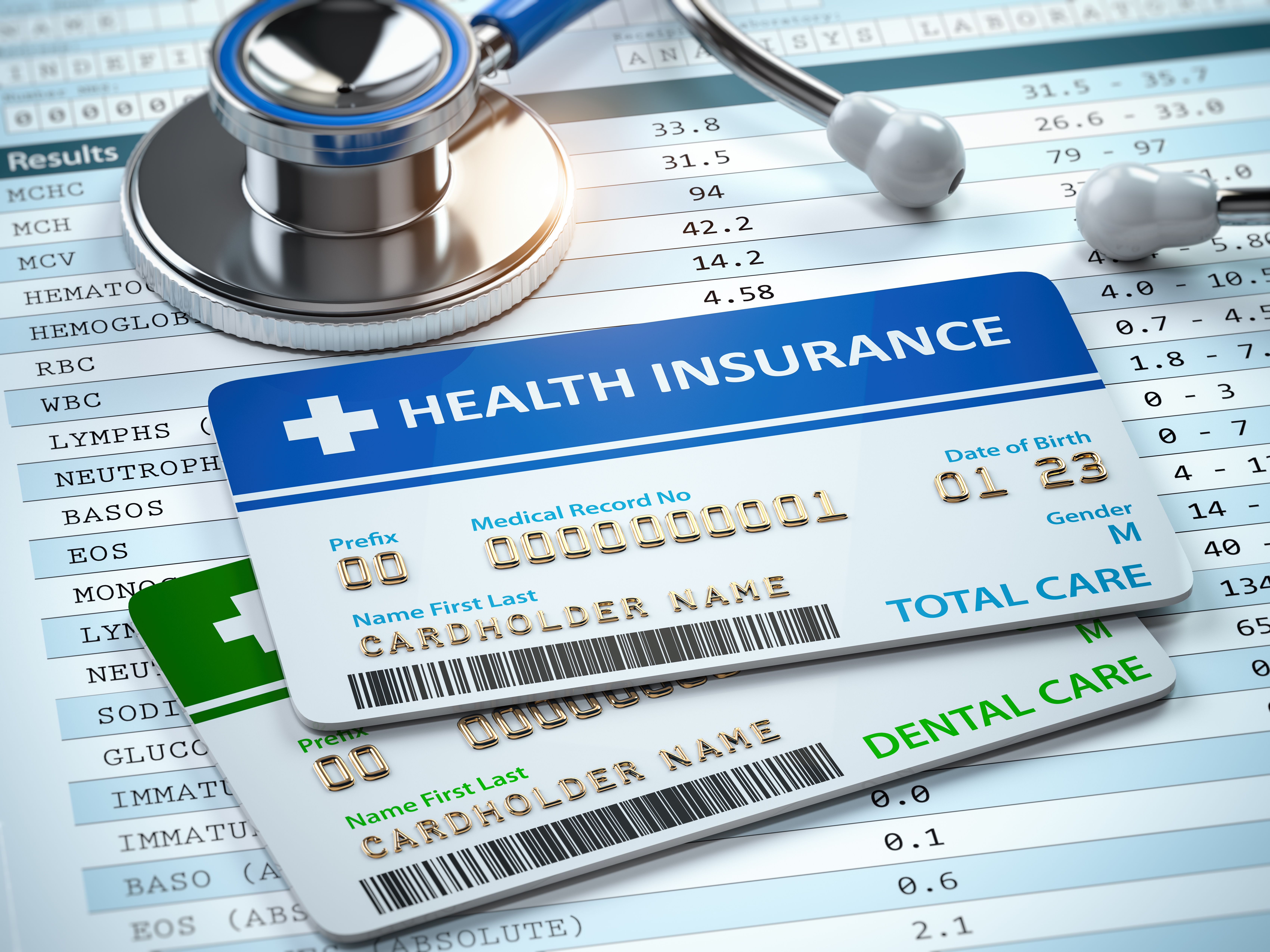
[ad_1]
Low flexibility plans, comparable to Health Maintenance Organizations and Exclusive Provider Organizations, have been extra prone to provoke biosimilar therapies than extra versatile plans, in keeping with a current evaluation published in PharmacoEconomics.
Image credit score: Maksym Yemelyanov – inventory.adobe.com

The research highlighted that plan sort influences biosimilar adoption for each new-starts and switches from the originator to a biosimilar amongst US sufferers, and optimizing plan design to spice up biosimilar use might generate financial savings and enhance affected person entry to medicines.
“This study reveals that health plan type may have an important impact on switching behavior and biosimilar initiation…. We recommend that future research explore why these plan type differences exist. For example, are certain types of plan more likely to receive larger rebates for biosimilars than others?” the authors famous.
Authors utilized IBM MarketScan Commercial Claims and Encounters pharmacy claims database to establish sufferers who switched to biosimilars or began therapy with a biosimilar for six biologic-biosimilar pairs from January 2015 to December 2019:
- Avastin (bevacizumab) vs Mvasi (bevacizumab-awwb)
- Epogen/Procrit (epoetin alfa) vs Retacrit (epoetin alfa-epbx)
- Neupogen (filgrastim) vs Nivestym (filgrastim- aafi)
- Neopogen (filgrastim) vs Zarxio (filgrastim-sndz)
- Remicade (infliximab) vs Inflectra (infliximab-dyyb)
- Neulasta (pegfilgrastim) vs Fulphila (pegfilgrastim-jmdb)
In the analyzed pattern, 3% of claims corresponded to people who switched to biosimilars, whereas 8% have been initiators, indicating a big market potential for biosimilar manufacturing. Overall, there have been 63,472 sufferers who switched and 66,927 sufferers who began remedy with a biosimilar. Plans have been cut up into 3 classes: high-deductible, low-flexibility, and high-flexibility.
In the research, people enrolled in low-flexibility plans exhibited a 2% larger probability of changing into biosimilar initiators in comparison with these in high-deductible plans, indicating a big 33% improve within the chance of transitioning to a biosimilar. Conversely, enrollment in high-flexibility plans was linked to a lowered chance of being a switcher (0.9% decrease) and a decrease chance of being a biosimilar initiator (1.0% decrease) compared to high-deductible plans.
The research proposed exploring plan-related variations, comparable to potential monetary incentives in capitated insurance coverage types and negotiation capabilities attributable to restricted formularies.
The research acknowledged limitations, specializing in pharmacy claims information, and really helpful additional analysis to grasp traits in outpatient settings. Understanding well being plan affect on biologics and biosimilars was essential for policymakers and stakeholders aiming to extend biosimilar adoption and cut back drug spending. The authors acknowledged the problem for policymakers and researchers as biosimilars gained interchangeability approval. However, information limitations, significantly the absence of rebate info within the dataset, hindered a complete exploration of plan-related drivers.
Reference
Costin J, Mouslim MC, Socal MP, Trujillo A. Exploring the affect of medical insurance plans on biosimilar adoption Rates. Pharmacoecon Open. 2024;8(1):115-118. doi:10.1007/s41669-023-00447-6
[adinserter block=”4″]
[ad_2]
Source link